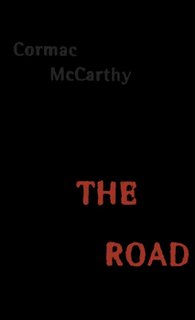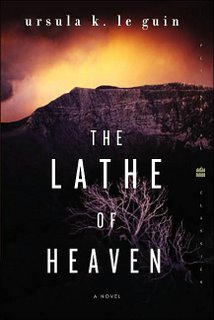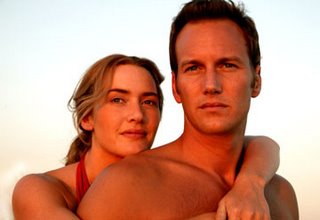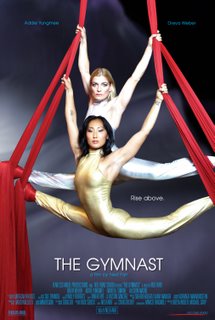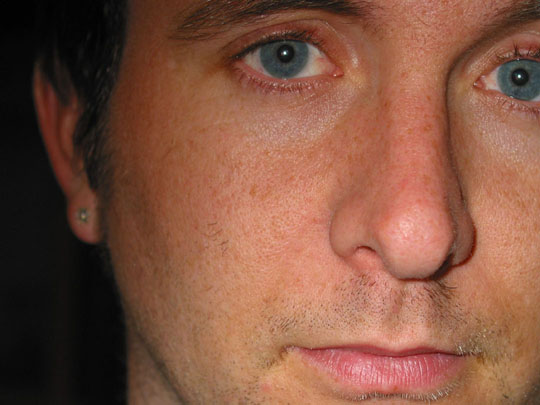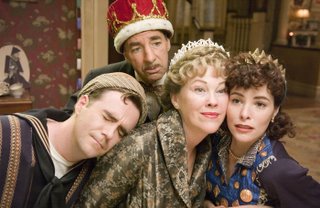
For Your Consideration
Grade: C
What a bummer! I'm a big fan of Christopher Guest's comedies, especially the mockumentaries Waiting for Guffman and Best in Show. I've been eagerly awaiting his latest effort for months, and I'm sorry to say that his "send up" of the Hollywood awards season is thoroughly unfunny despite a great leading performance by SCTV veteran Catherine O'Hara.
O'Hara plays Marilyn Hack, a woman starring in a melodramatic Jewish family drama called Home for Purim (Purim, for the uninitiated, is a Jewish holiday). Her schtick as a dying matriarch gathers the attention of the entertainment press, and before long her name - along with several other cast members - is being tossed around for Oscar consideration.
The movie's failings are certainly not owing to a weak cast. All of Guest's merry pranksters are on hand, including Parker Posey, Jennifer Coolidge, Jane Lynch, Bob Balaban and Eugene Levy. Even though all of these performers have proven themselves to be comic geniuses in the past, they all seem cast adrift here, fighting like hell to squeeze some laughs out of a hammy script that says absolutely nothing original about the shallowness of the American film industry.



